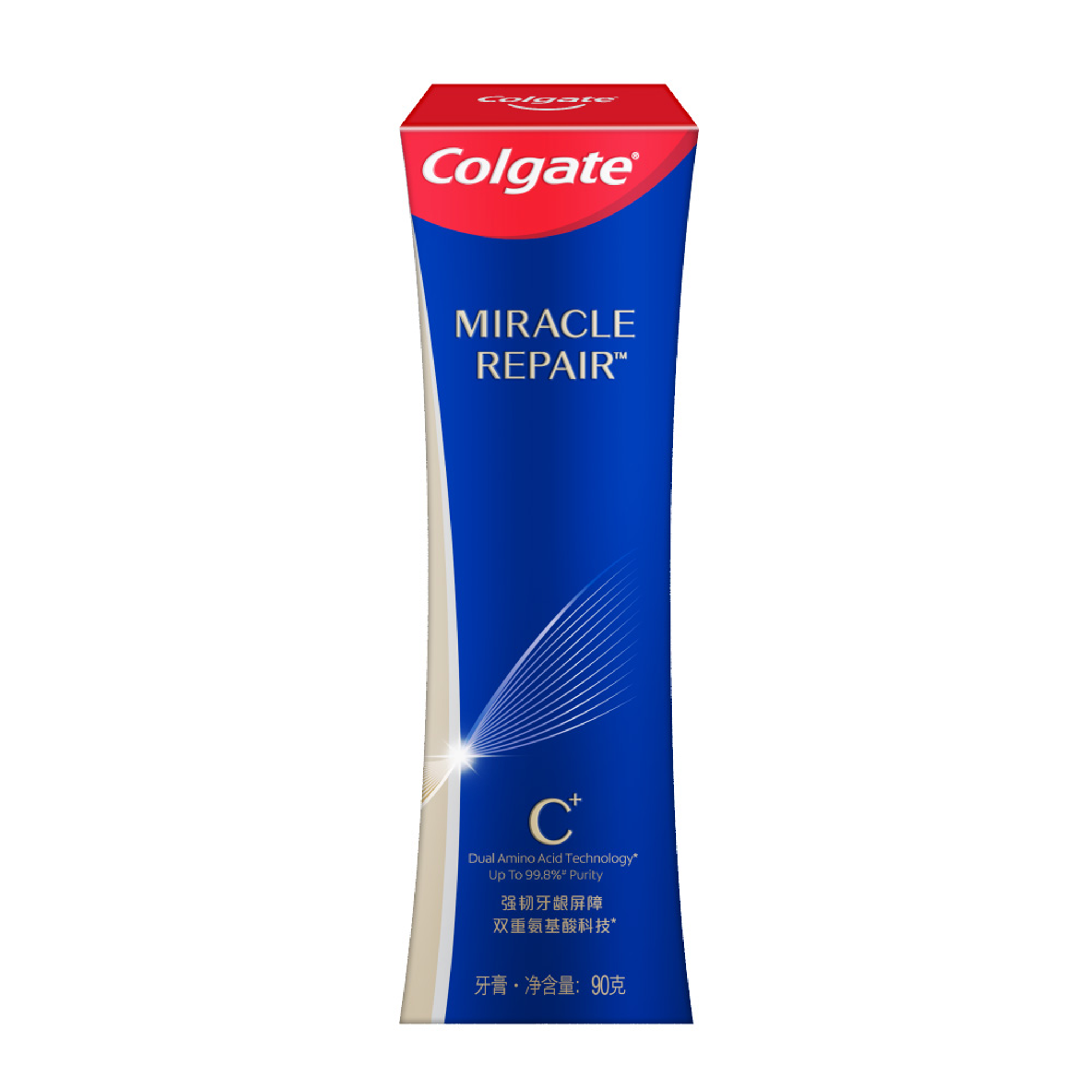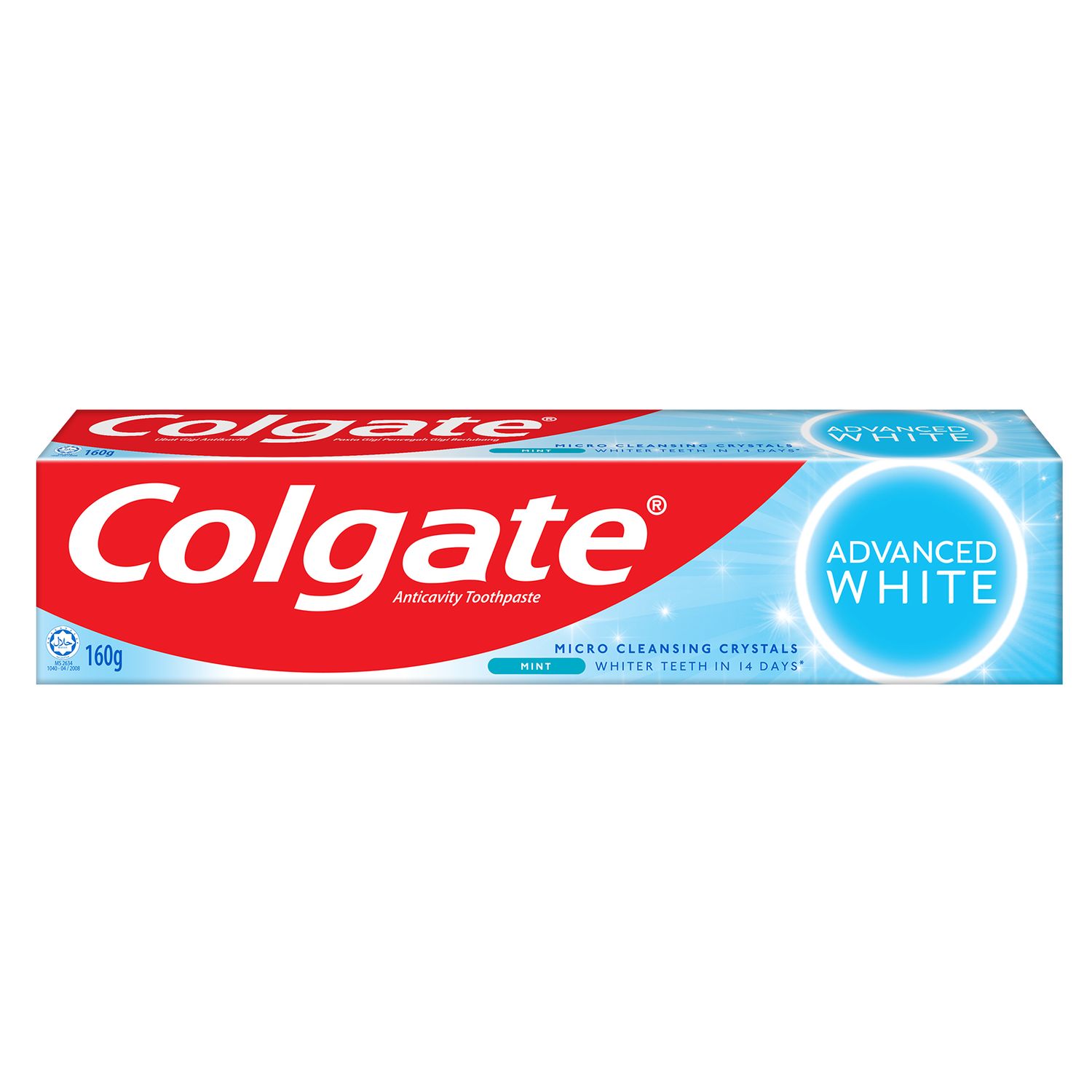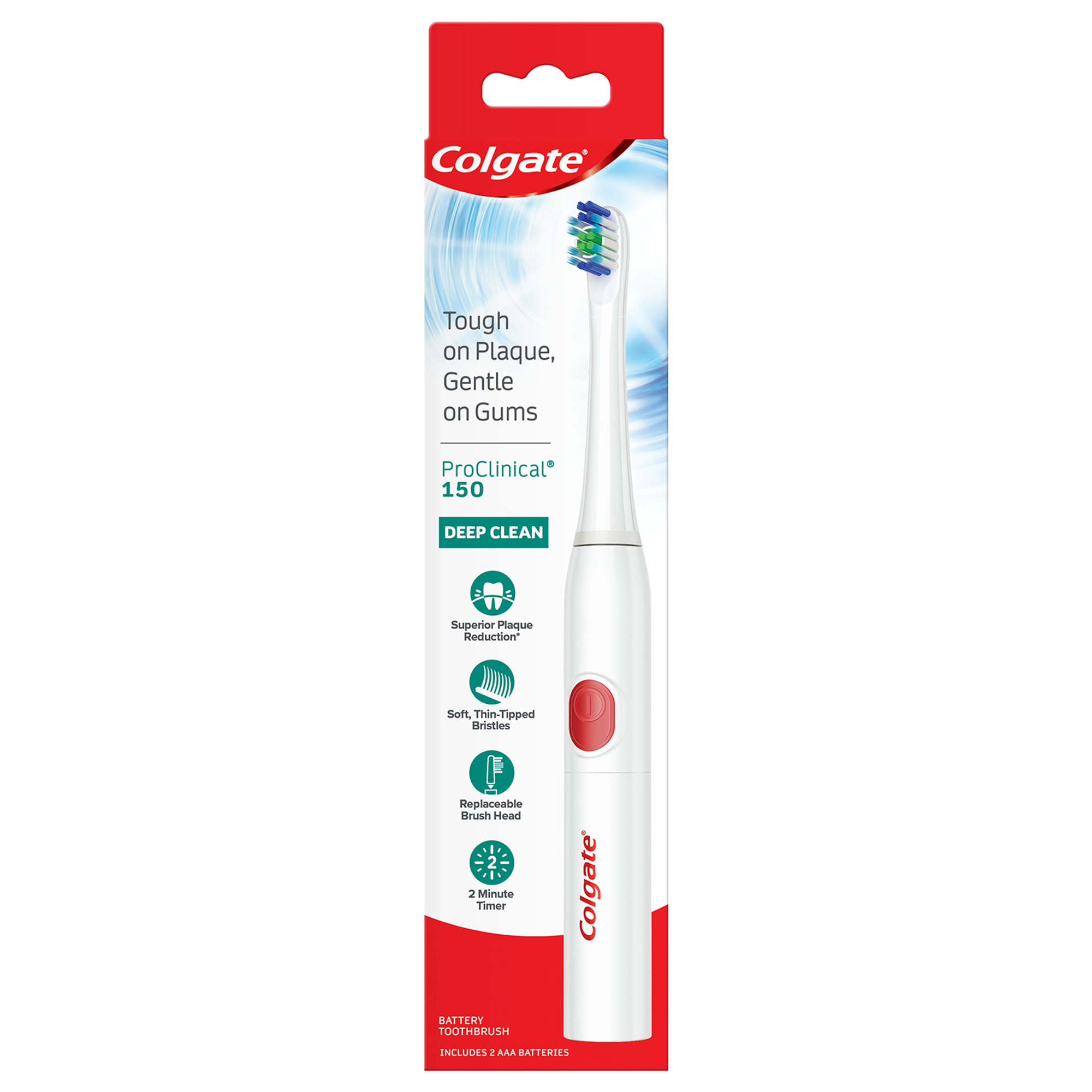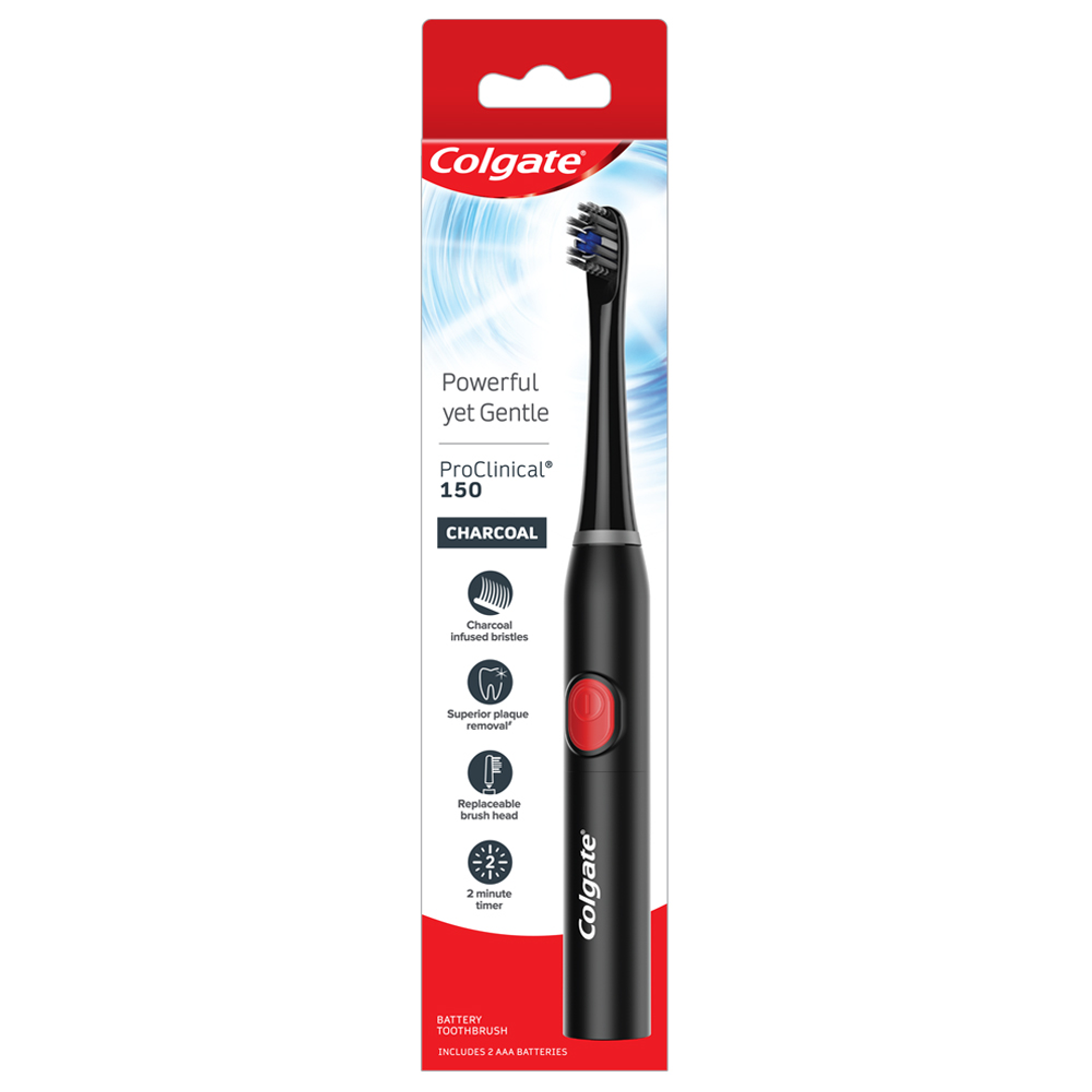-
-

FLUORIDE
Discover how stannous fluoride toothpaste prevents cavities and other oral health issues. Learn the key benefits of fluoride for teeth and its best uses.Fluoride plays a vital role in oral healthcare...

TEETH WHITENING
Teeth Whitening Serum for a Brighter, Confident SmileWho does not want whiter and brighter teeth? Thanks to the many teeth-whitening products available today...
-
Science & Innovation
- ORAL HEALTH ASSESSMENT
- Colgate® | Toothpaste, Toothbrushes & Oral Care Resources
- Oral Health
- What Are Flexible Dentures?


Dentures Overview
These helpful appliances can improve your appearance, ability to speak and ease of chewing. Dentures are removable and are used to replace or cover missing or damaged teeth in your mouth. They have the added benefits of keeping any of your remaining teeth in place and preventing your face from sagging.
Dentures can either replace all or some of your teeth (full or partial) and are constructed from porcelain, acrylic resin, metal, plastic or a combination of these. Those made from plastic (typically partials) are called flexible dentures, thanks to their bendable quality.
Flexible dentures are most commonly made from thermoplastics like nylon, according to Spear Education, a dental continuing education institution in the United States. This use of advanced materials allows this variety of dentures to boast of different qualities than conventional dentures.
Advantages of Flexible Dentures
Even though dentures provide a wealth of benefits, they can offer challenges for some when it comes to choosing the right material.
Flexible dentures are considered to be:
- Thin and bendable
- Comfortable, thanks to their soft material
- Unlikely to cause allergic reaction and BPA-free
- Unabsorbent of stains and smell
- Aesthetically pleasing and offering a natural look
- Strongly adherent to your gums (typically don’t require denture adhesive or metal clasps)
- Quicker to manufacture than other varieties
- Convenient as they don’t require multiple appointments to try on
A variety of companies fabricates flexible dentures. If you think they could be the perfect fit for your needs, consult your dental professional for their recommendation and expertise.
Disadvantages of Flexible Denture
You may find that the downsides of flexible dentures are very reasonable compared with their numerous benefits.
It's a common worry that flexible dentures may sacrifice durability, though this is unfounded (one brand even offers a lifetime guarantee). According to the American Dental Association in the United States, you should brush your dentures carefully to avoid harming the plastic material.
Downsides of flexible dentures include:
- Cost may be higher due to complicated fabrication
- Can be difficult for dental professionals to fit or adjust
- More prone to bacterial build-up
Flexible dentures are a perfect fit for many, thanks to the comfort and safety they offer. If you're considering them as a choice, it's a great idea to consult with your dental professional for their recommendation. You're now prepared to make an informed choice for your success in the future.
Related Products

Helping dental professionals
More professionals across the world trust Colgate. Find resources, products, and information to give your patients a healthier future











